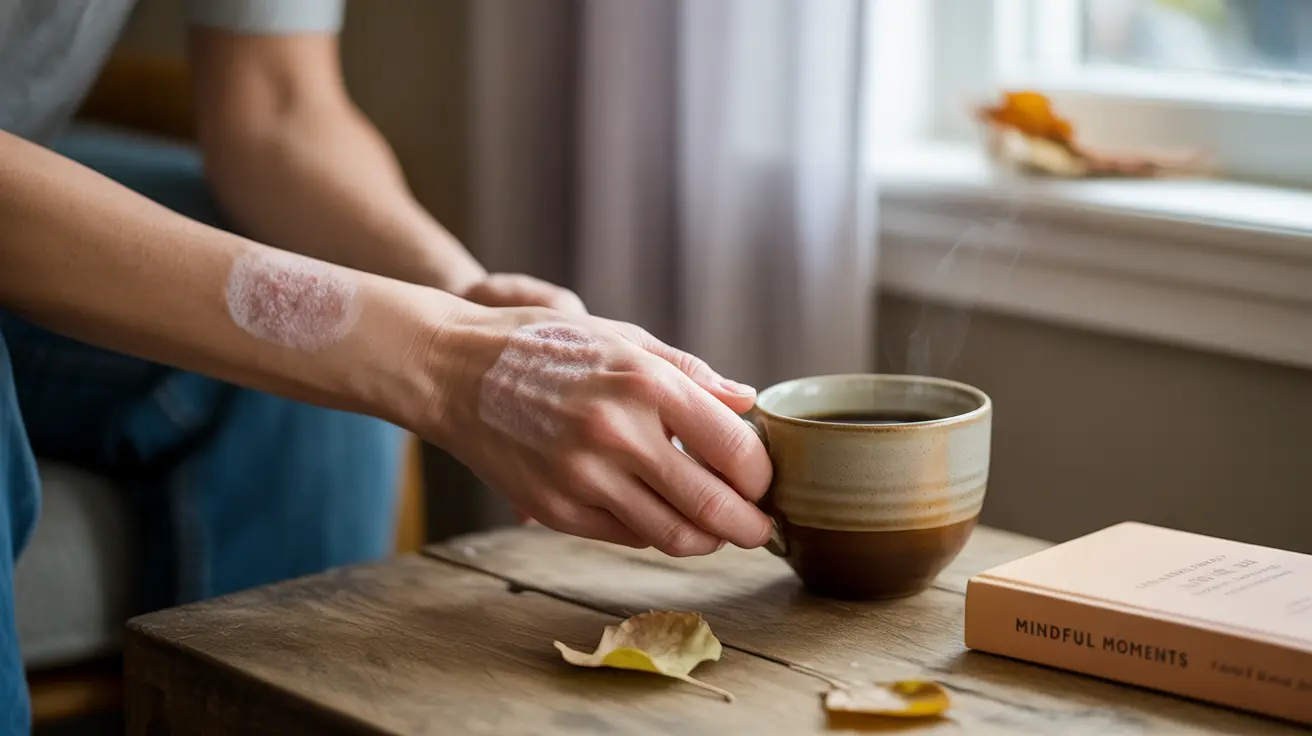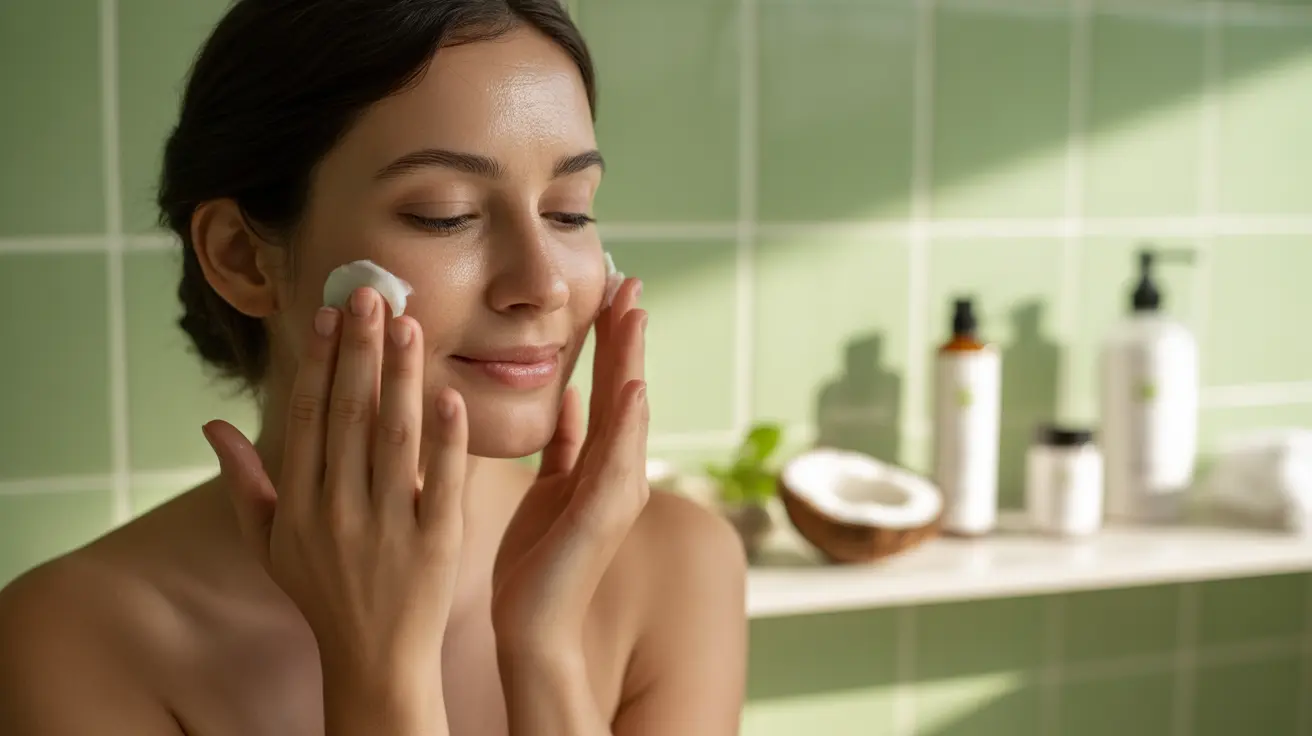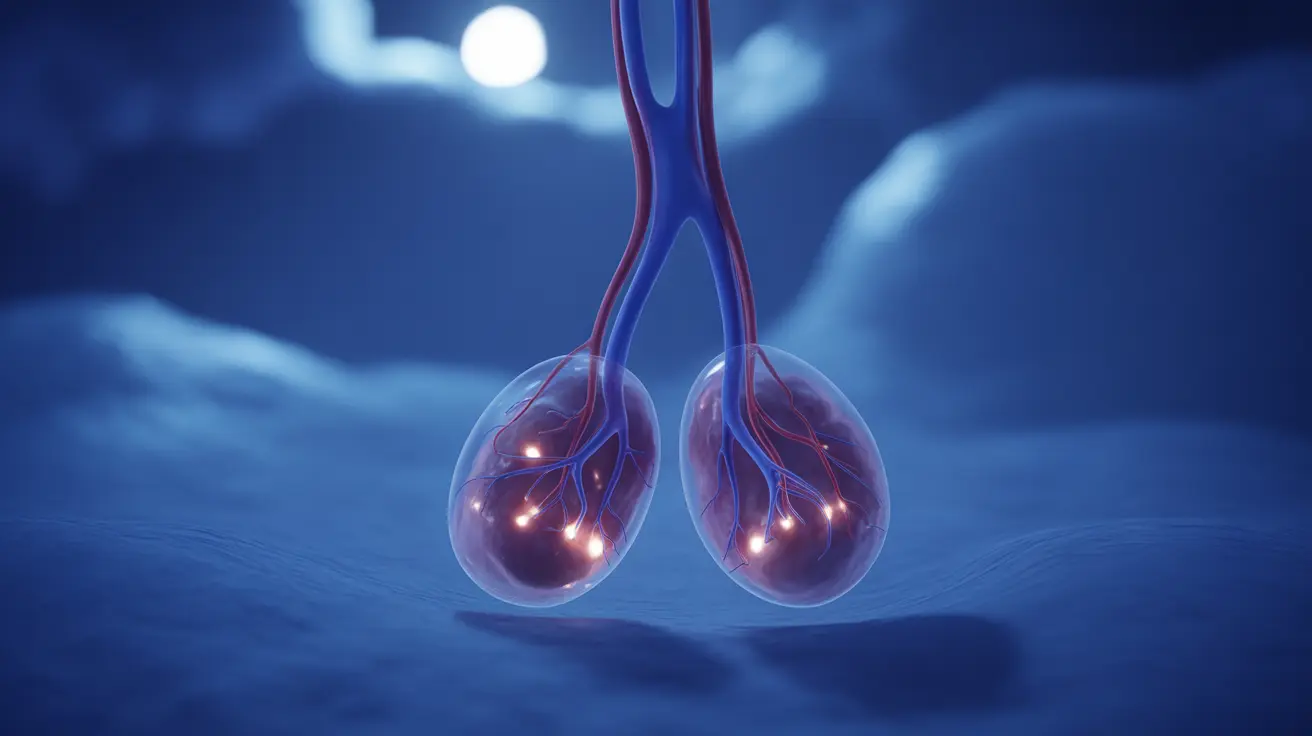For those living with eczema, managing triggers and finding relief can be a daily challenge. Among the many factors that may influence eczema symptoms, diet often comes under scrutiny. One common question that arises is whether coffee, a beloved beverage for millions, could be contributing to eczema flare-ups. In this article, we'll explore the potential relationship between coffee consumption and eczema, examining both the risks and possible benefits.
The Potential Link Between Coffee and Eczema
While coffee itself is not a direct cause of eczema, some individuals may find that it exacerbates their symptoms. The relationship between coffee and eczema is complex and can vary from person to person. Here's what you need to know:
Caffeine and Stress
Coffee contains caffeine, a stimulant that can increase stress levels in some people. Stress is a well-known trigger for eczema flare-ups, potentially leading to increased itching and inflammation. For individuals sensitive to caffeine's effects, reducing coffee intake might help manage stress-related eczema symptoms.
Dehydration Concerns
Caffeine has mild diuretic properties, which can contribute to dehydration if consumed in large quantities. Proper hydration is crucial for maintaining healthy skin, especially for those with eczema. Dehydrated skin may become more prone to irritation and itching, potentially worsening eczema symptoms.
Acidity and Inflammation
Coffee is naturally acidic, which some believe may contribute to overall inflammation in the body. While the direct link between coffee's acidity and eczema symptoms is not conclusively proven, some individuals report improvements in their skin condition when reducing their intake of acidic foods and beverages, including coffee.
Potential Benefits of Coffee for Eczema Sufferers
Interestingly, coffee isn't all bad news for those with eczema. Some research suggests that coffee may offer certain benefits:
Antioxidant Properties
Coffee is rich in antioxidants, which can help combat oxidative stress and inflammation in the body. These properties might potentially offer some protection against skin damage and inflammation associated with eczema, although more research is needed to confirm this effect specifically for eczema symptoms.
Topical Applications
Some studies have explored the potential benefits of caffeine in topical skincare products. Caffeine's anti-inflammatory properties, when applied directly to the skin, might help soothe irritation and redness. However, it's important to note that drinking coffee and applying caffeine-based products topically can have different effects on the skin.
Managing Coffee Consumption with Eczema
If you have eczema and enjoy coffee, you don't necessarily need to give it up entirely. Here are some strategies to consider:
Monitor Your Symptoms
Keep a food and symptom diary to track whether coffee consumption correlates with eczema flare-ups. This can help you identify if coffee is a personal trigger for your symptoms.
Moderation is Key
If you suspect coffee might be affecting your eczema, try reducing your intake rather than eliminating it completely. This allows you to find a balance that works for your skin and your lifestyle.
Stay Hydrated
If you do consume coffee, make sure to drink plenty of water throughout the day to counteract any potential dehydrating effects.
Consider Alternatives
If you find that coffee does trigger your eczema symptoms, explore alternatives like herbal teas or decaffeinated options that might be gentler on your skin.
Frequently Asked Questions
Can coffee trigger eczema flare-ups in some people?
Yes, coffee can potentially trigger eczema flare-ups in some individuals. This is often due to its caffeine content, which can increase stress levels and contribute to dehydration, both known factors that can exacerbate eczema symptoms. However, the effect varies from person to person.
What are the potential benefits of coffee for individuals with eczema?
Coffee contains antioxidants that may help combat inflammation and oxidative stress in the body. Some research suggests that these properties could potentially offer some protection against skin damage. Additionally, caffeine in topical applications has shown some promise in soothing skin irritation, though more research is needed specifically for eczema.
How does caffeine affect eczema symptoms, and can it be used as a treatment?
Caffeine can affect eczema symptoms in various ways. While it may increase stress and potentially worsen symptoms for some, its anti-inflammatory properties when applied topically might help soothe skin irritation. However, caffeine is not currently recognized as a standard treatment for eczema, and its effects can vary widely among individuals.
Is coffee consumption safe for people with sensitive skin or eczema?
Coffee consumption can be safe for many people with sensitive skin or eczema, but it depends on individual sensitivity. Some may find that coffee has no impact on their symptoms, while others might experience flare-ups. It's important to monitor your personal reaction and consult with a healthcare provider if you have concerns.
How can I manage my eczema symptoms if I suspect coffee is a trigger?
If you suspect coffee is triggering your eczema symptoms, consider keeping a food and symptom diary to track correlations. Try reducing your intake or eliminating coffee temporarily to see if your symptoms improve. Ensure you stay well-hydrated and consider alternative beverages. If symptoms persist, consult with a dermatologist for personalized advice on managing your eczema.
Remember, while coffee can potentially impact eczema symptoms for some individuals, its effects vary widely. Understanding your personal triggers and working with healthcare professionals can help you develop the best management strategy for your eczema while still enjoying the foods and beverages you love.




